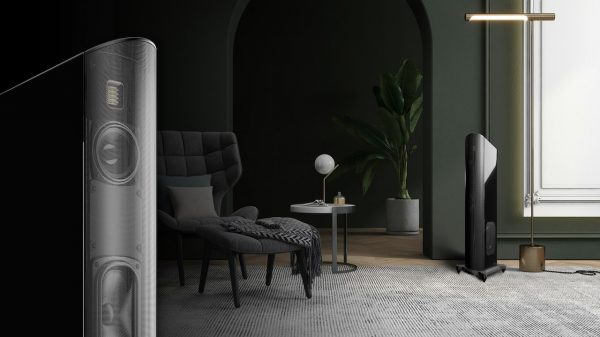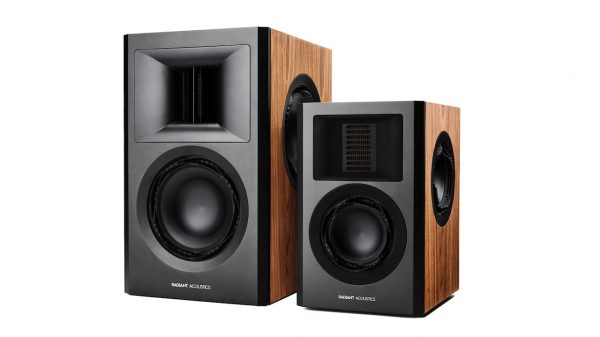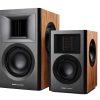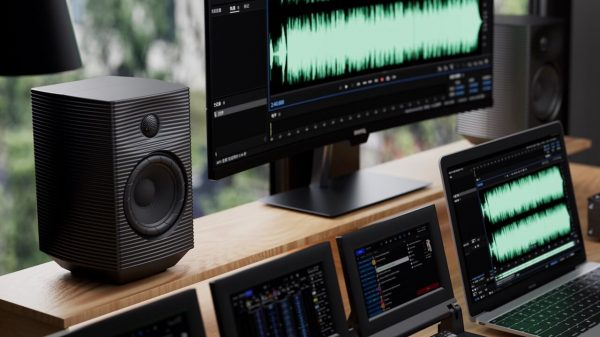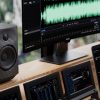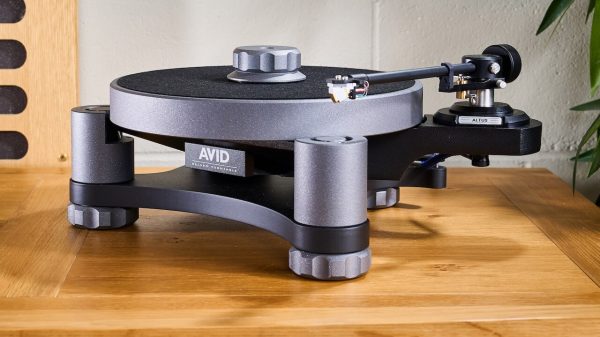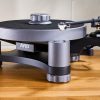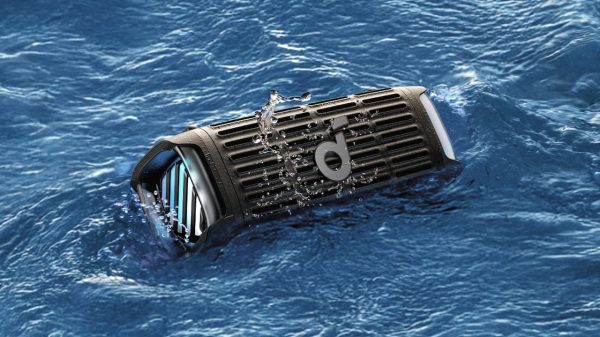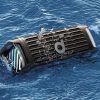High Volume of Product Choices, Technical Jargon Overwhelms and Confusion Vast Majority Fear Buying Wrong Product or Paying Too Much
The thrill is gone. Shopping for electronic products such as digital cameras, camcorders, TVs, or other popular gadgets is no fun anymore, and consumers are totally fed up, according to the latest Retrevo Gadgetology study that reveals how people feel about the process of figuring out what product to buy, when to buy it, and where to get the best price available.
Close to 90% of respondents to the independent survey conducted for Retrevo expressed strong discontent with the electronics shopping process, saying it should be better than reading and comparing product specs and reviews. Most respondents agreed that shopping should be more fun.
“Electronics are an integral part of every person’s daily life, but the rate of change has outstripped people’s ability to make sense of what’s available and what best meets their needs,” said Vipin Jain, president and CEO of Retrevo. “Our mission is to make electronics shopping simple and fun again. This research indicates a very large, ready and willing market for something better than the status quo today.”
Ripped-off is the best way to describe how most shoppers are feeling, the study revealed. An overwhelming majority said they have purchased an electronics product that was soon replaced by a newer product after they purchased it, while most said they feared they didn’t get the best deal and may have paid more than they had too.
Geek-speak has also become a serious problem. More than 80% of both men and women said they have been confused by tech jargon from either a sales person or web site and many said they have walked out of a store because they didn’t feel they had enough unbiased information to make a smart, confident purchase.
Retrevo’s Gadgetology study was conducted by an independent survey service. The sample size was 646 distributed across gender, age, income and location across the United States. Standard deviation for most questions was 0.498 with a standard error of 0.019.

